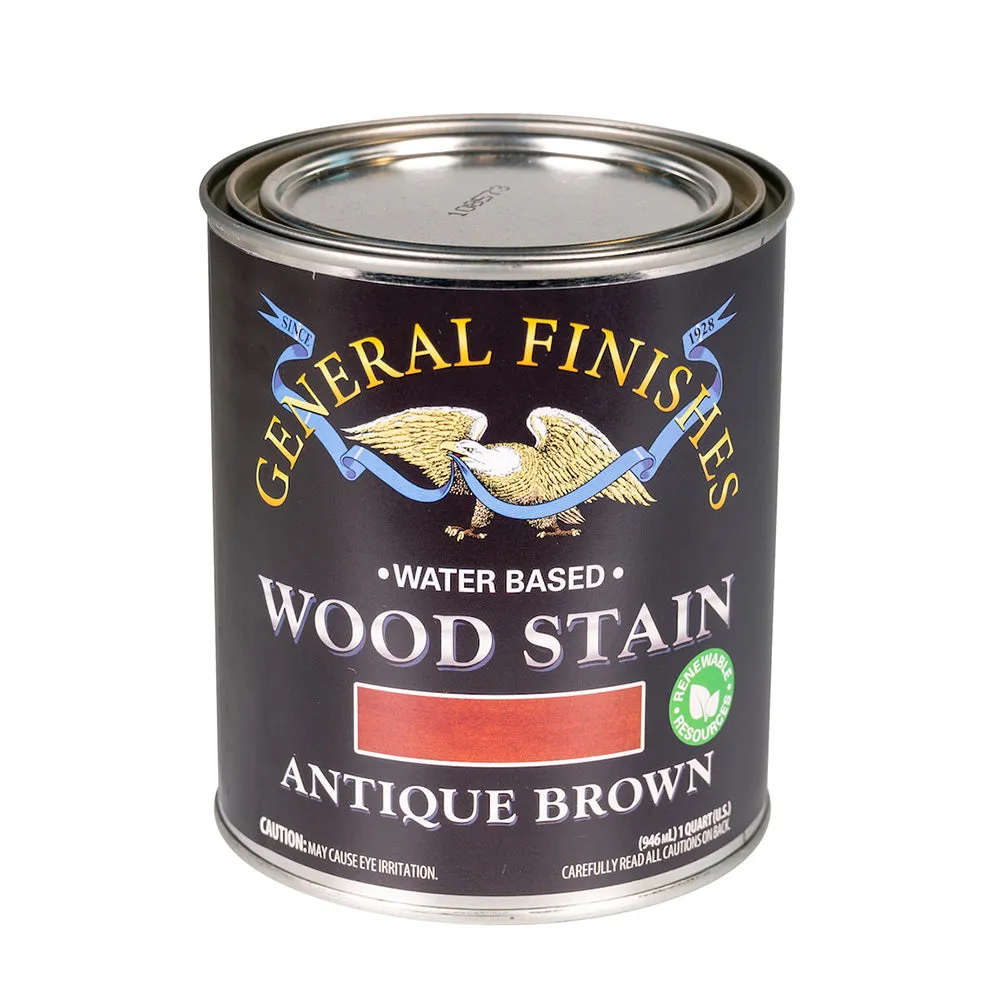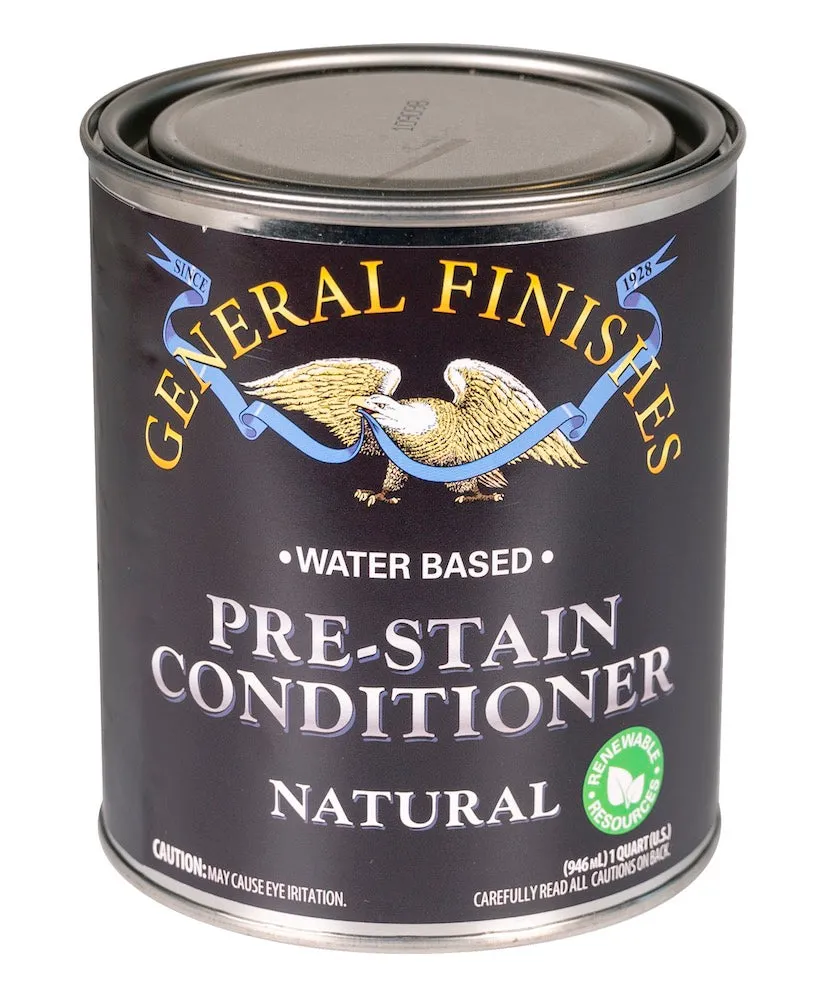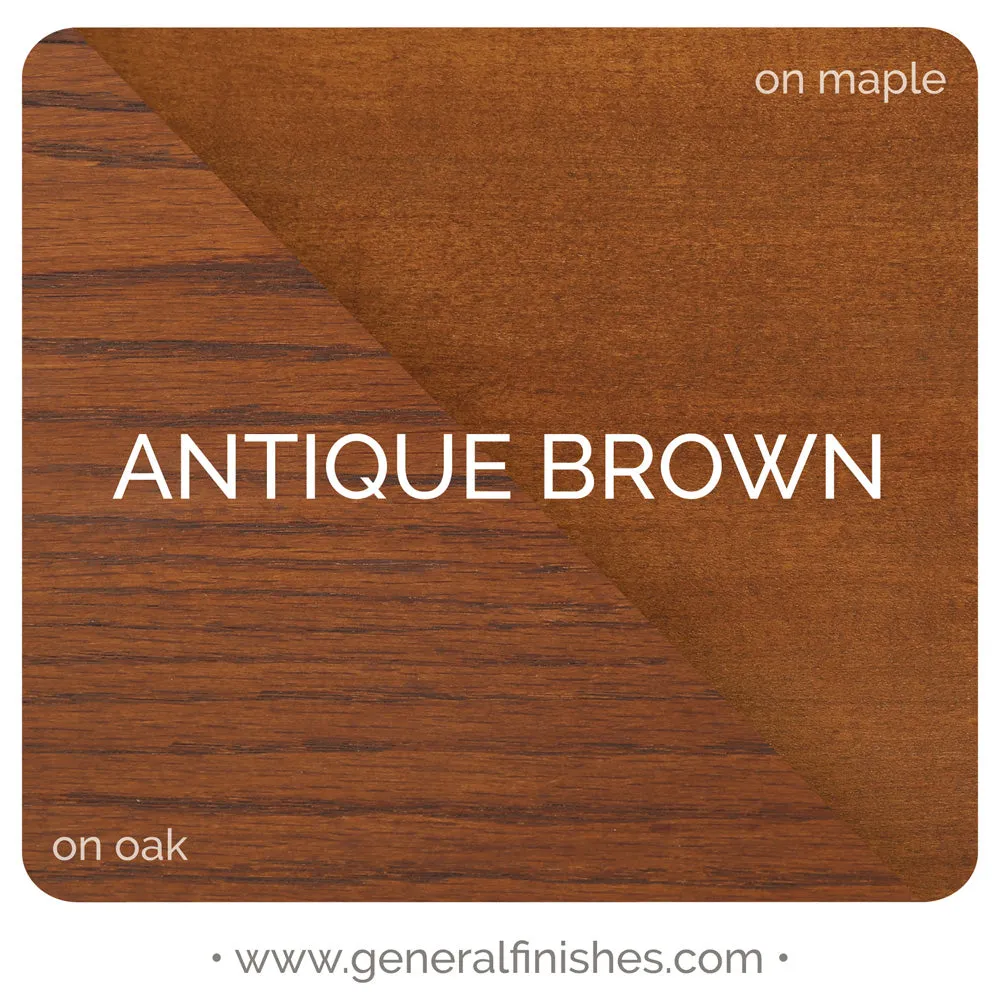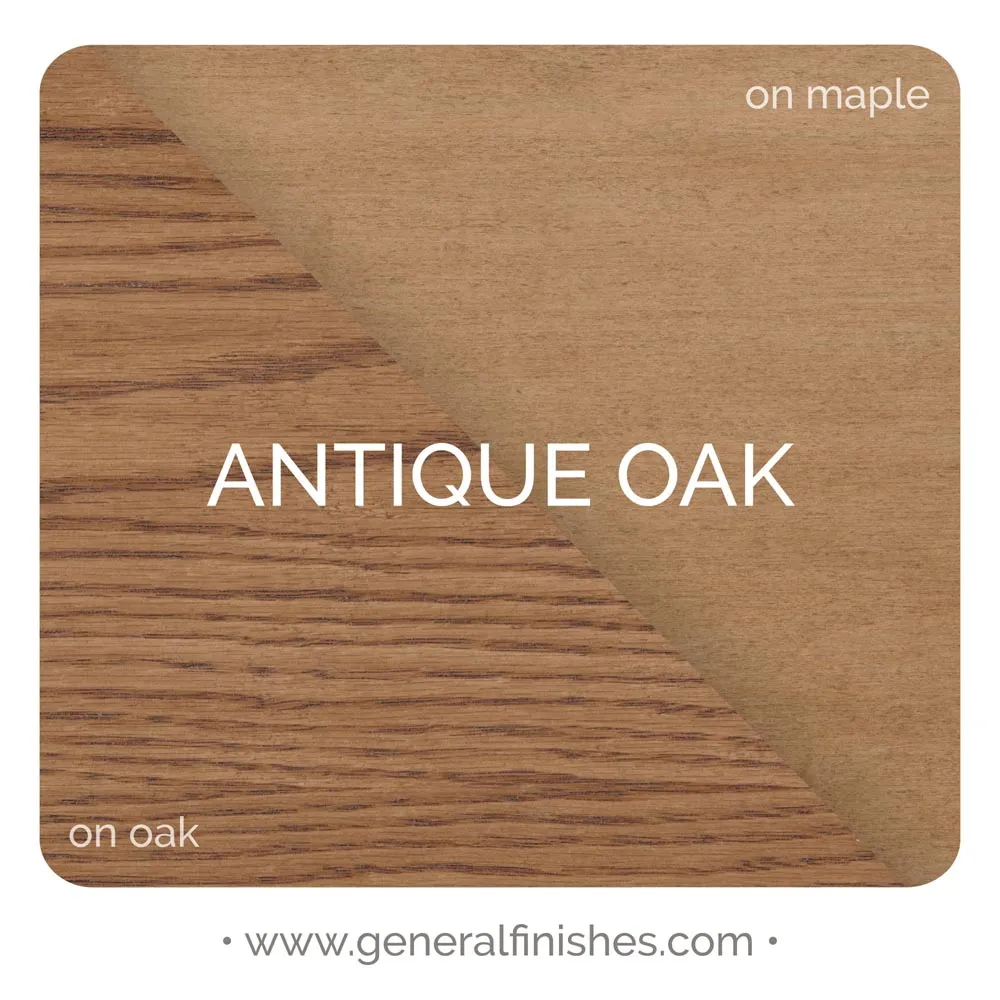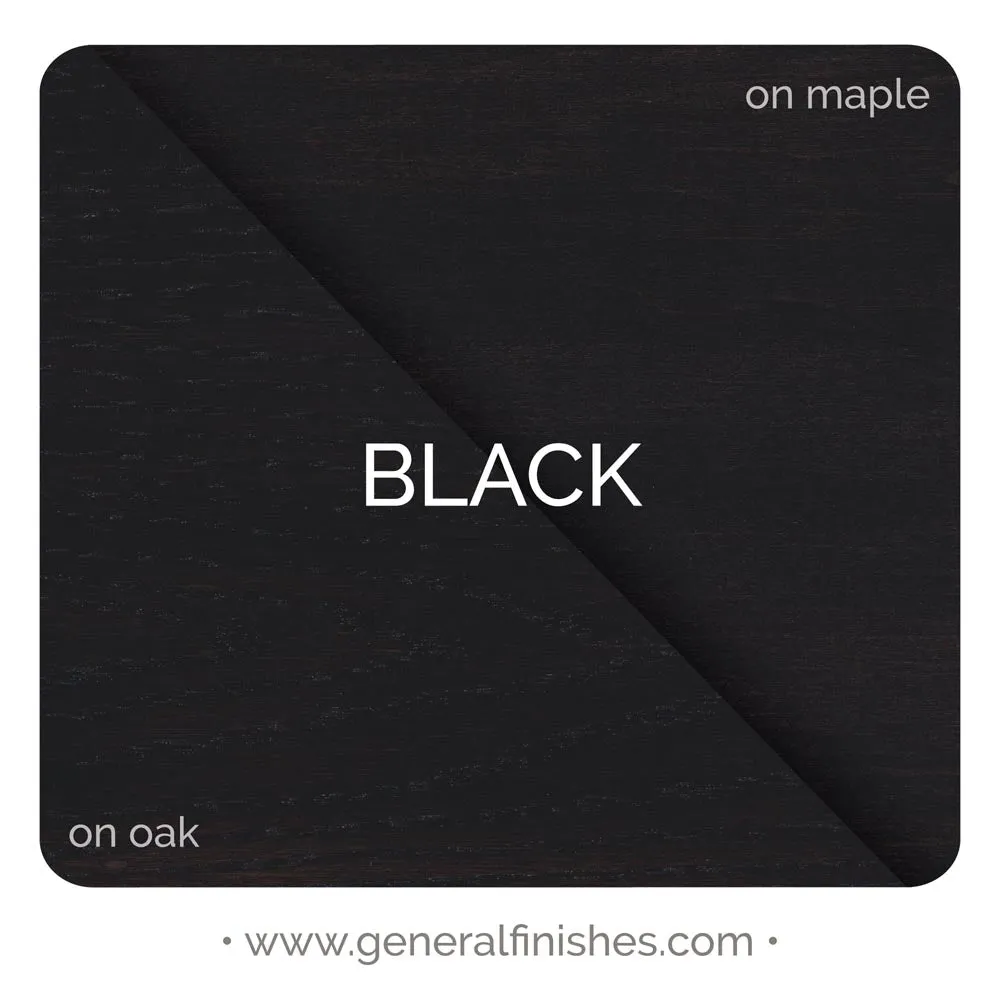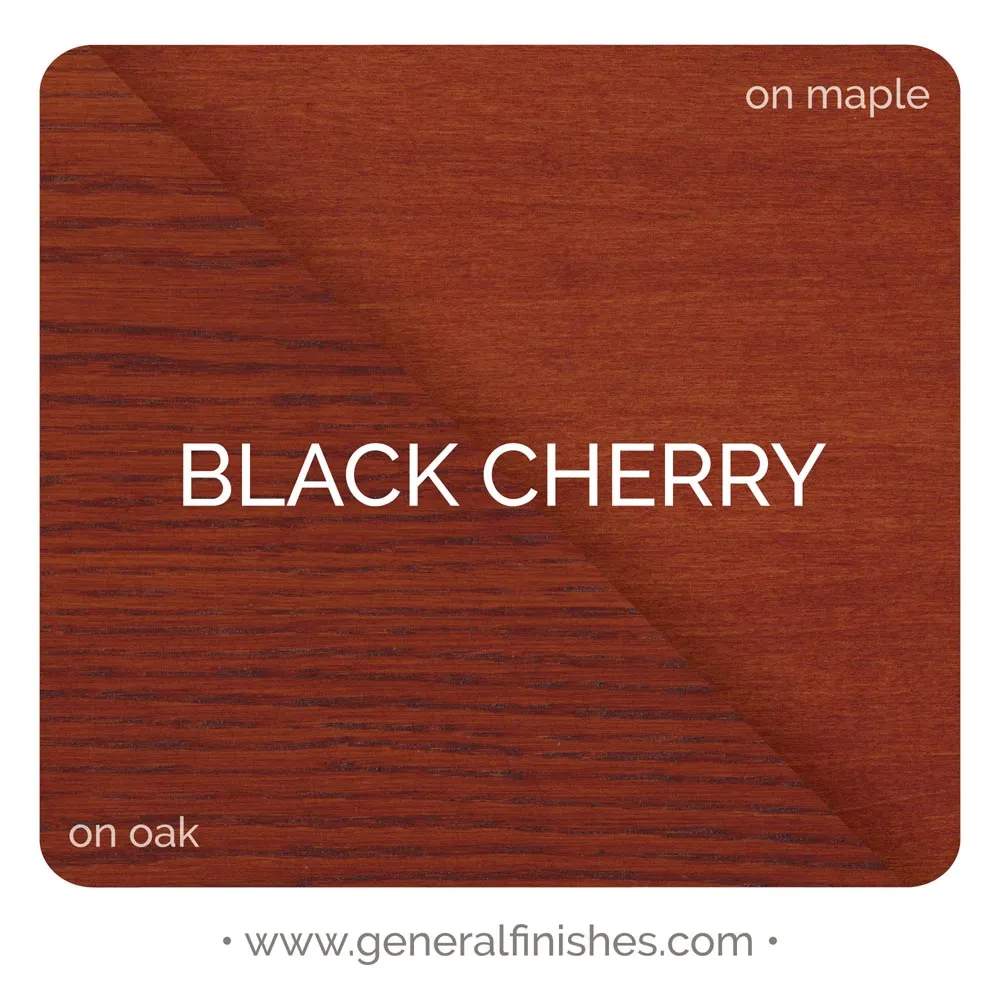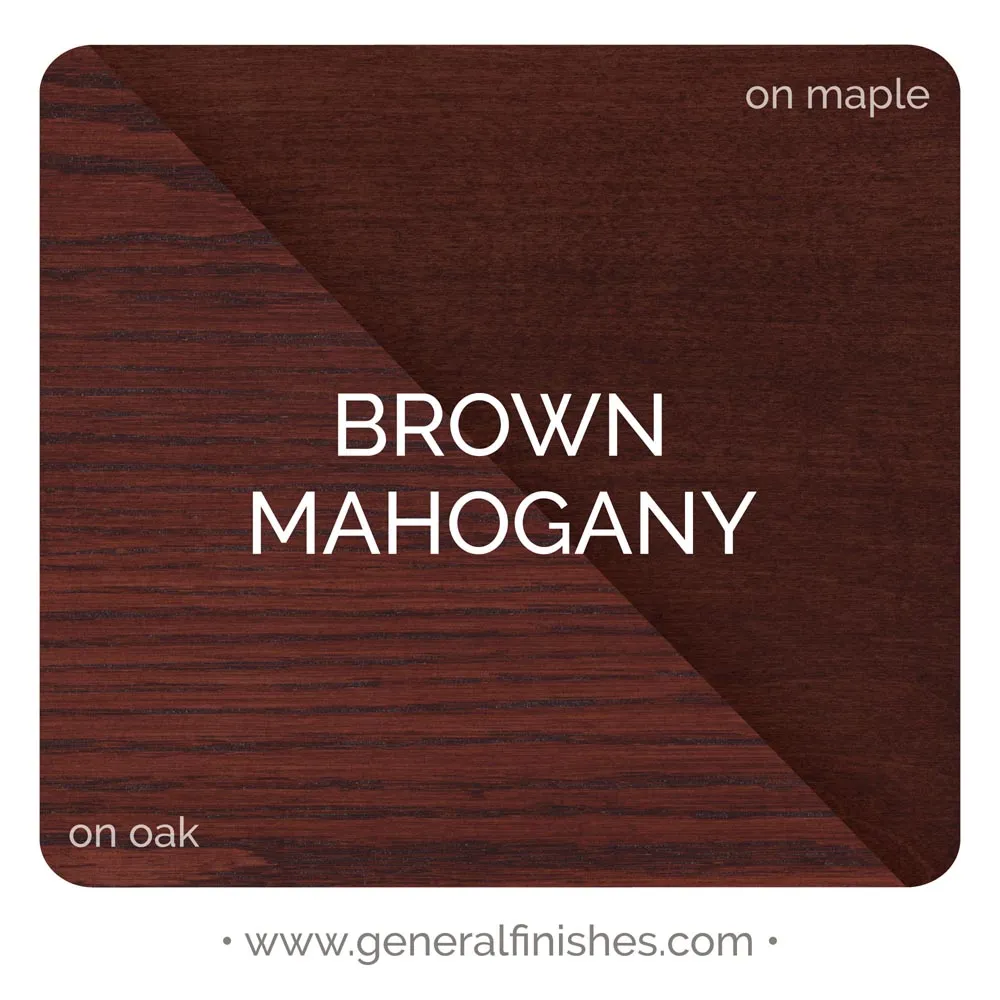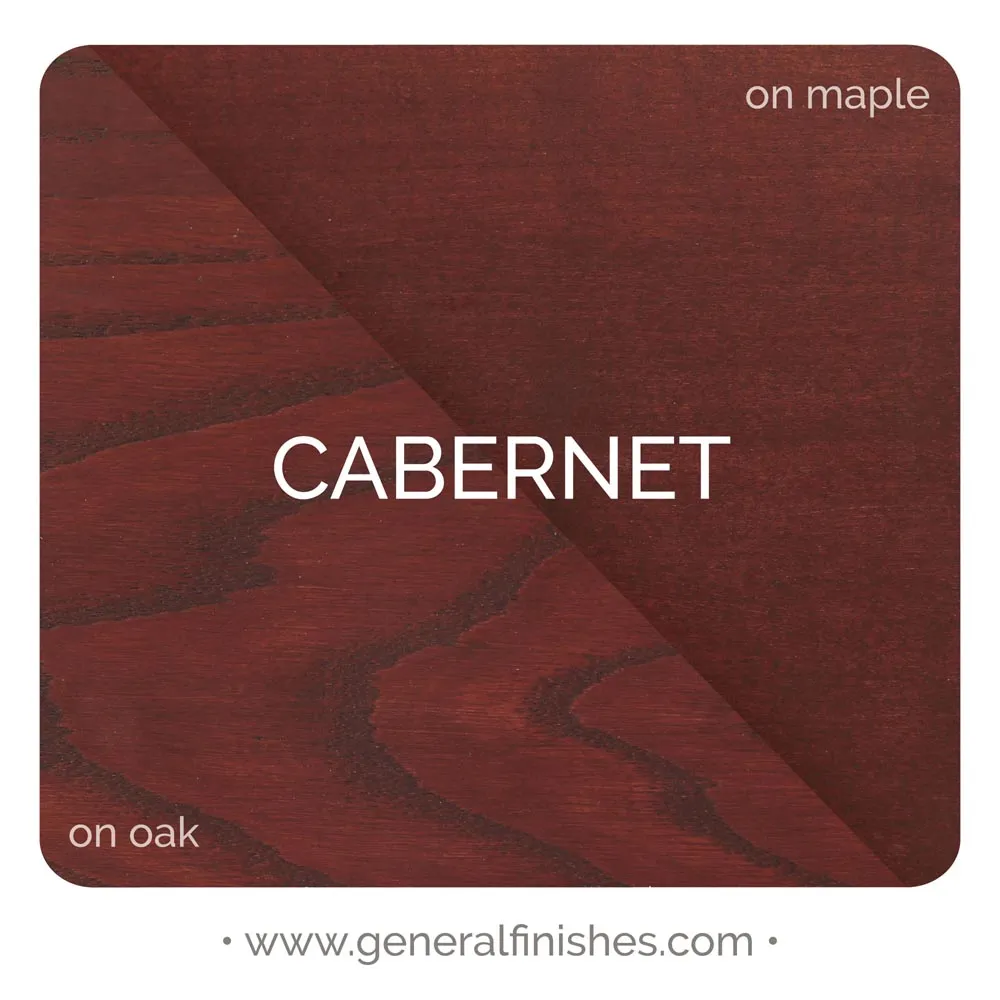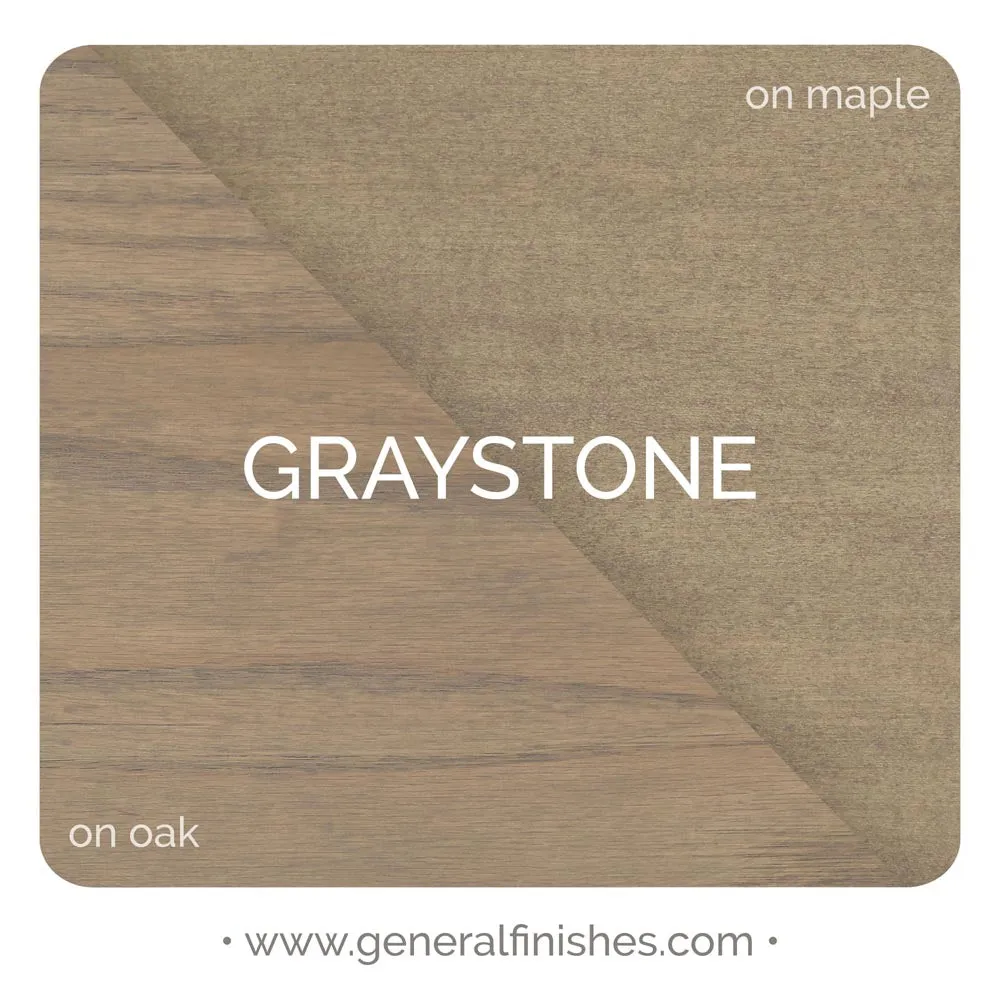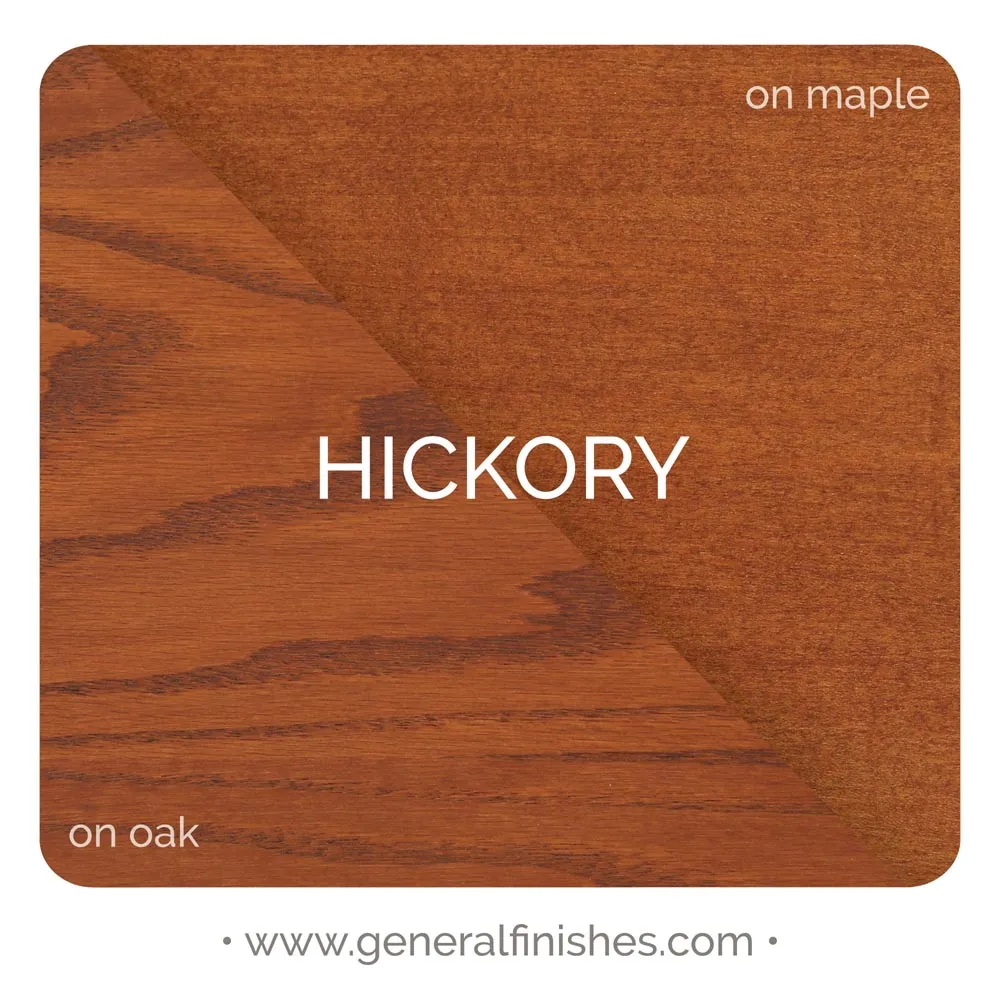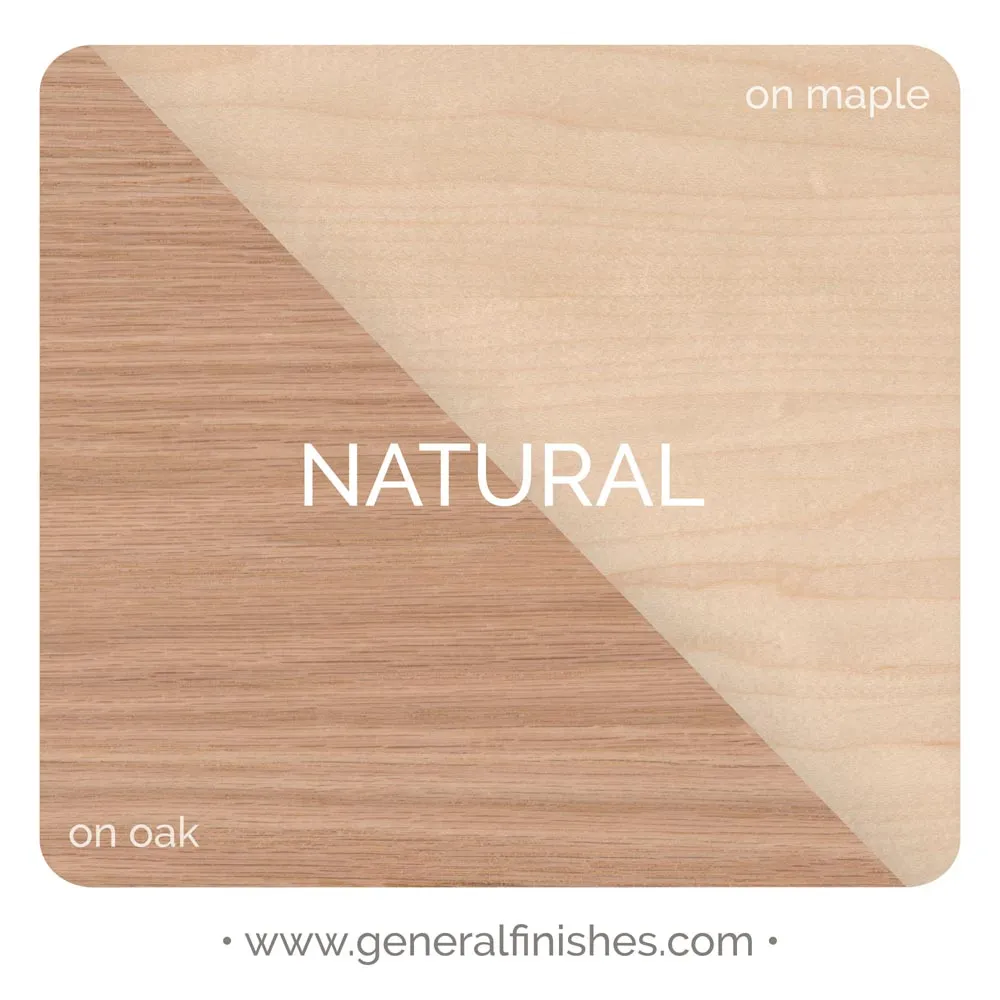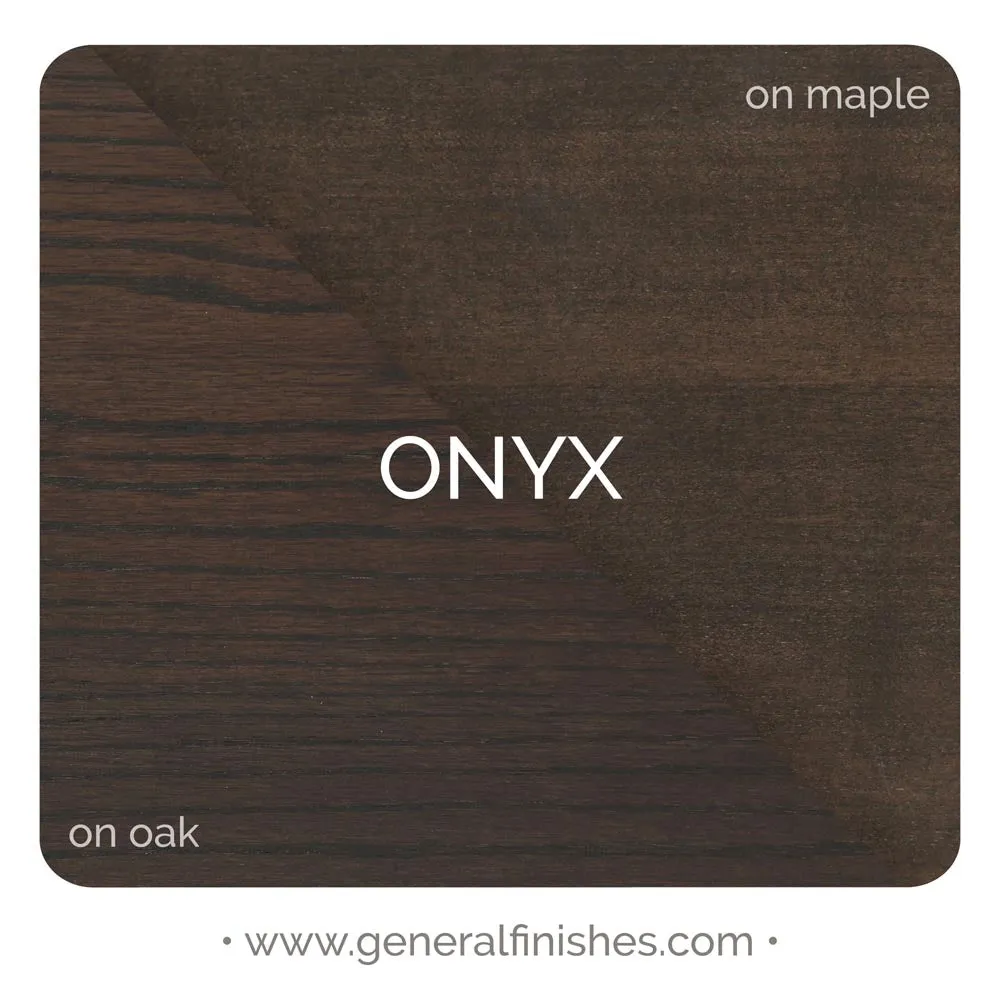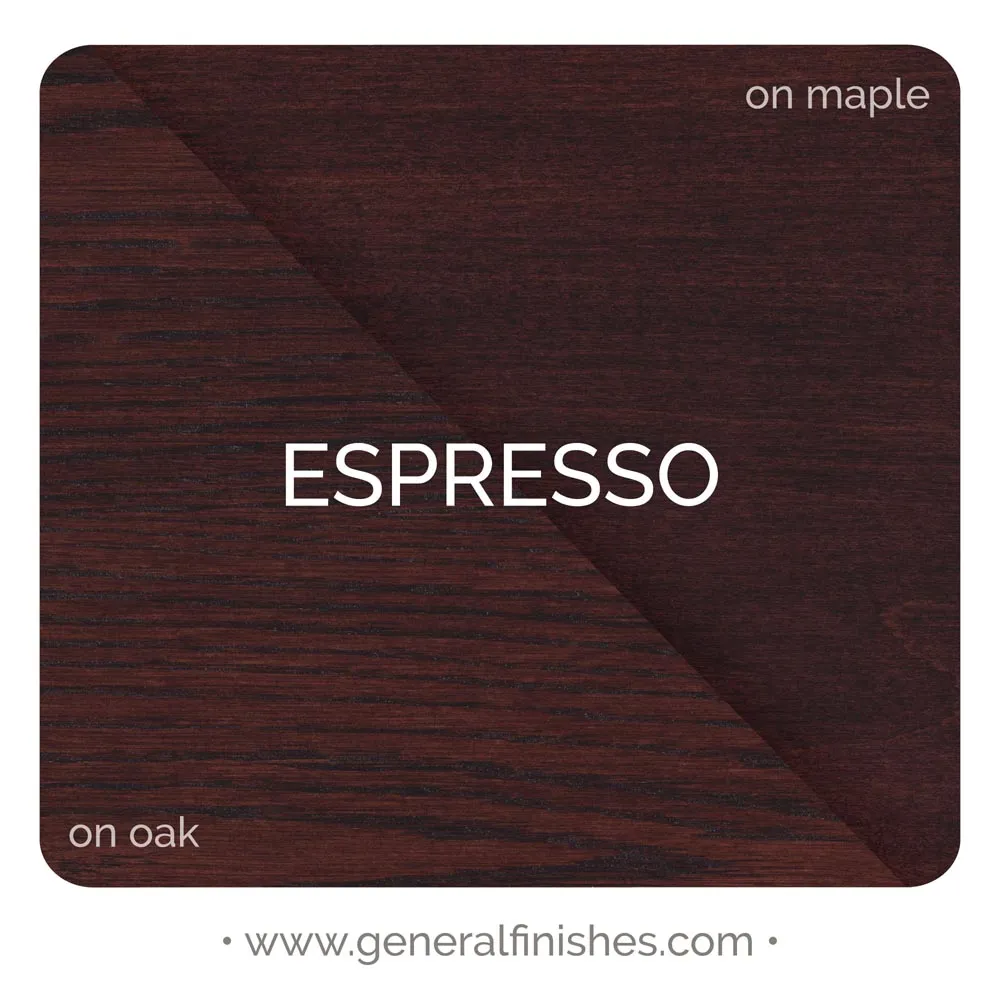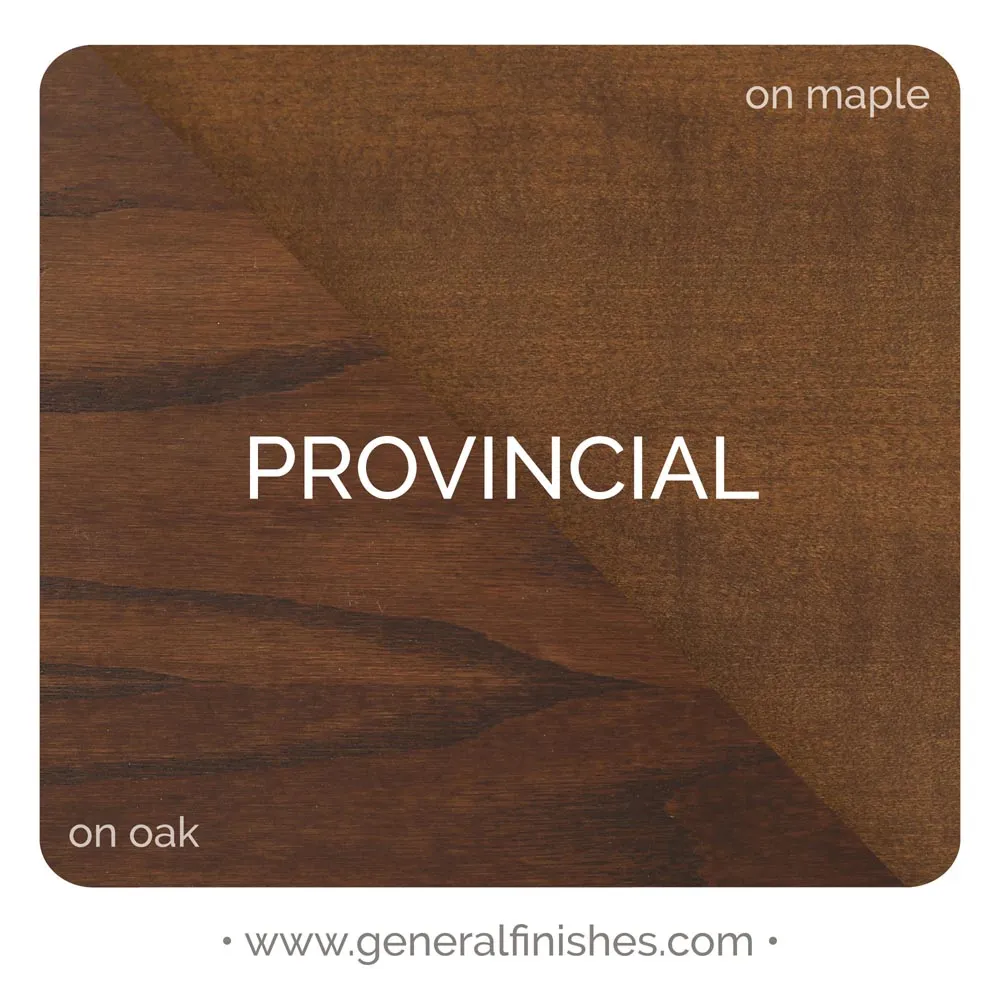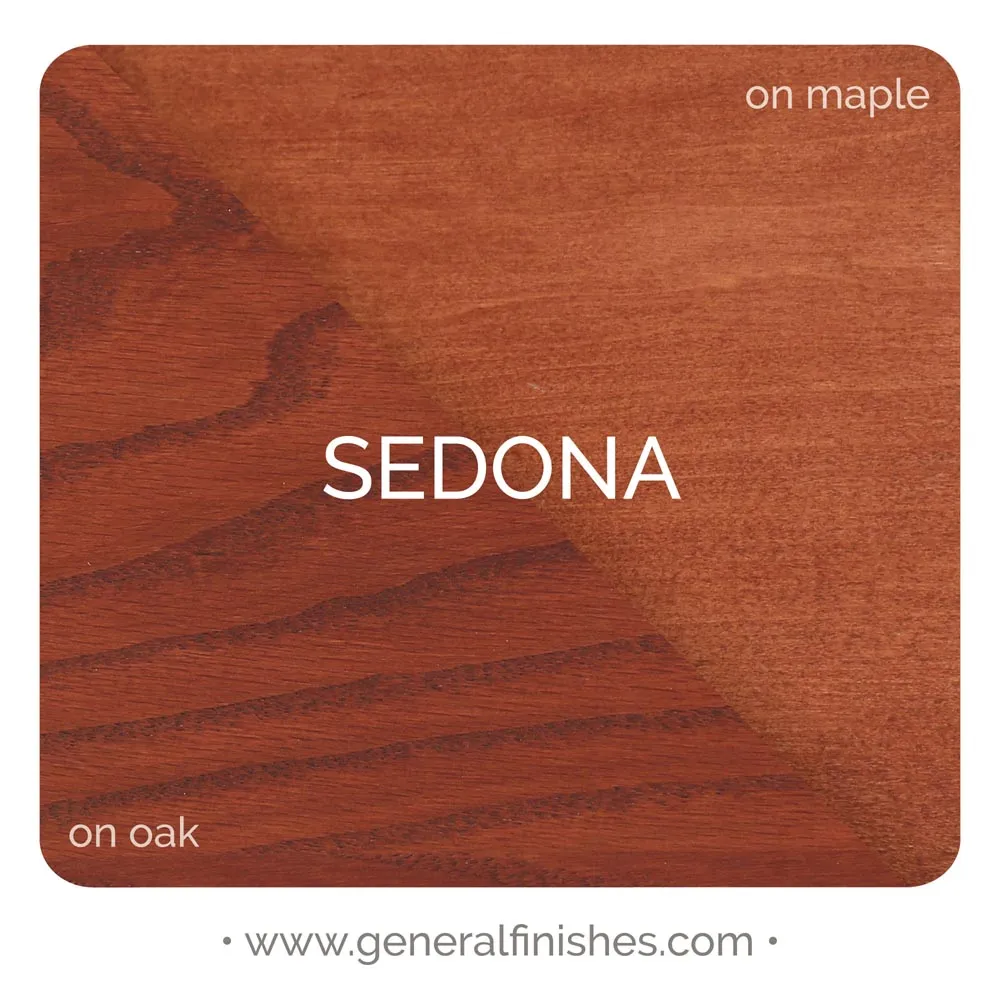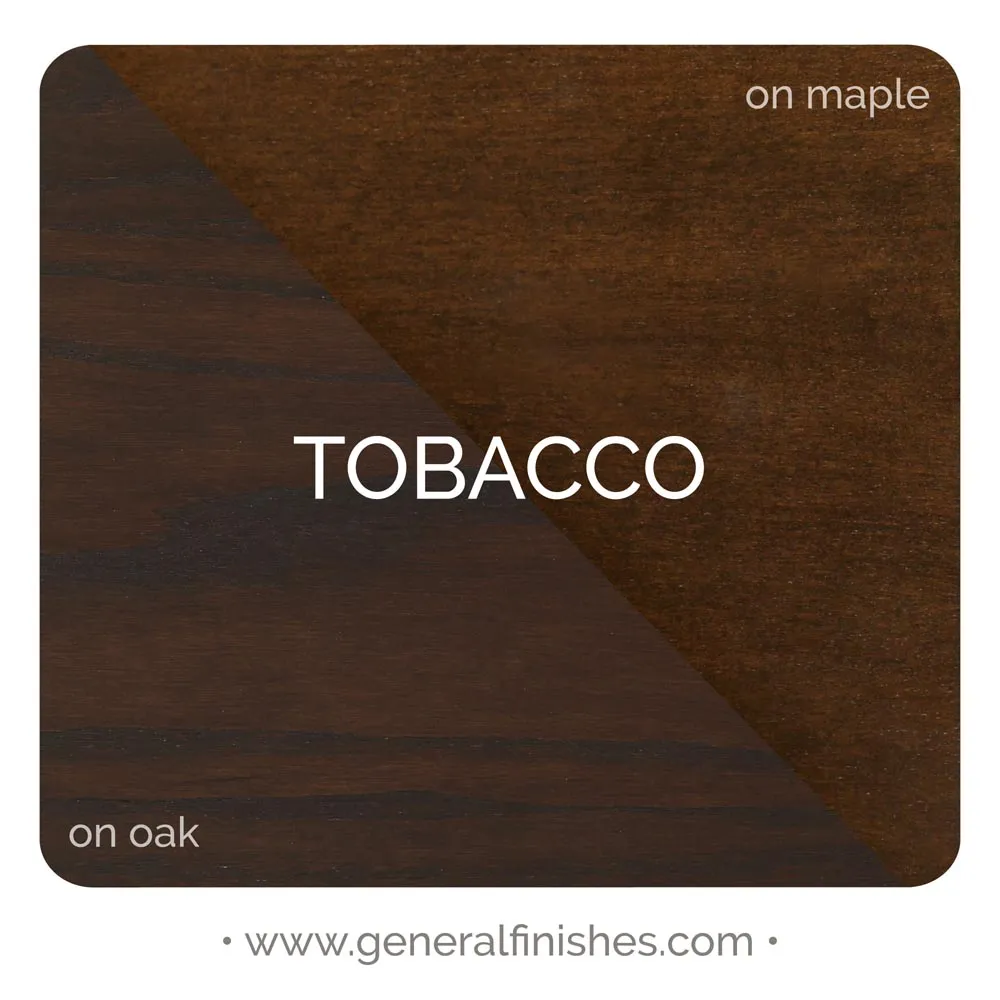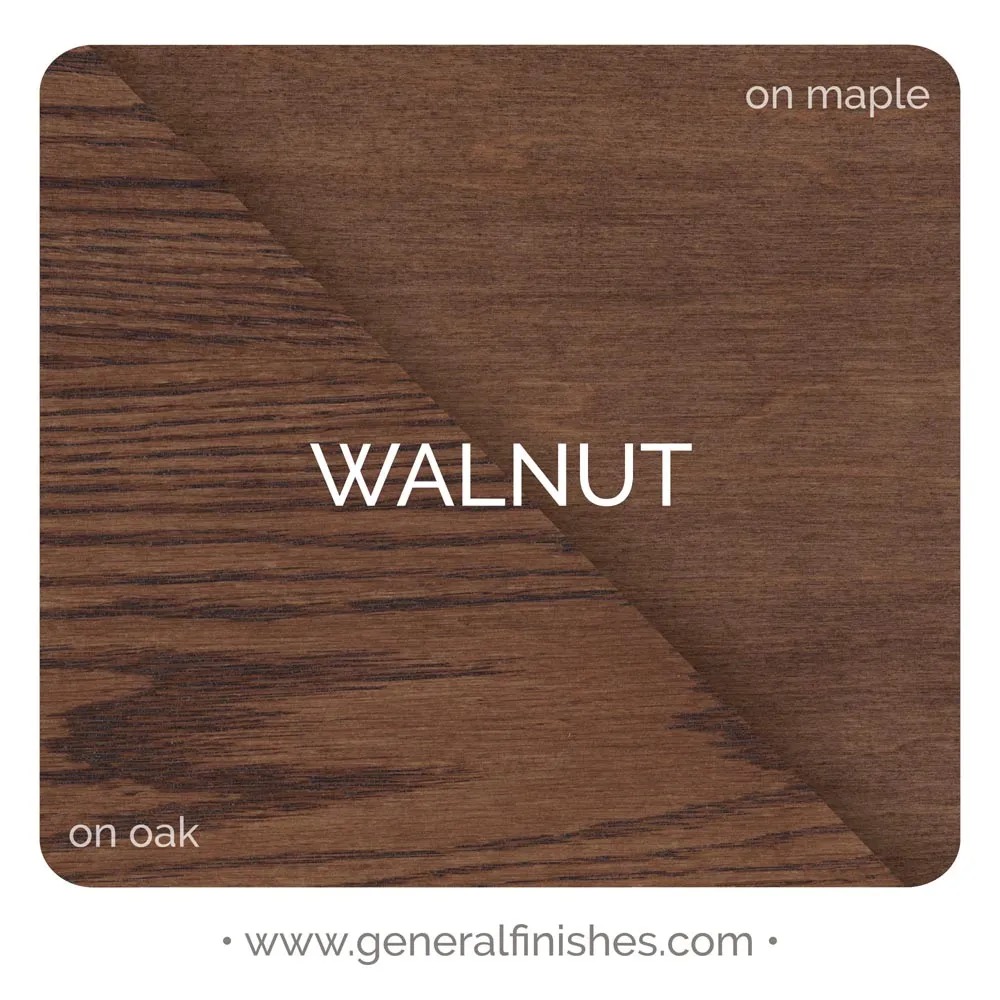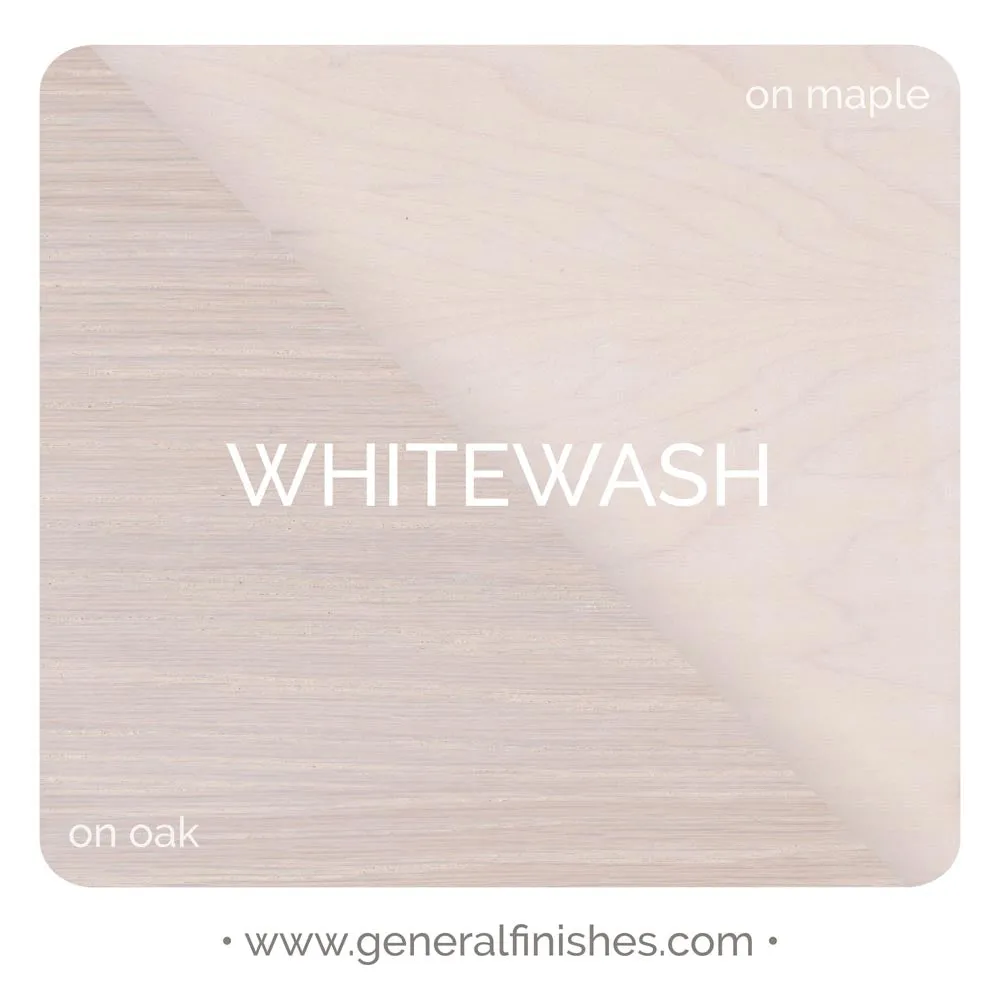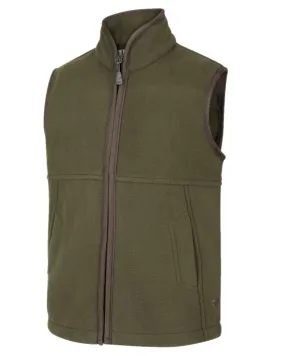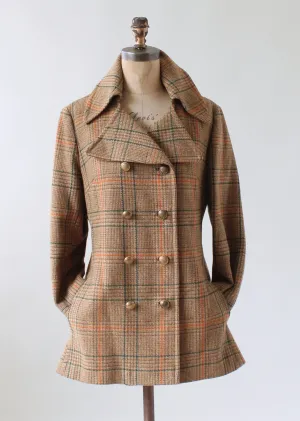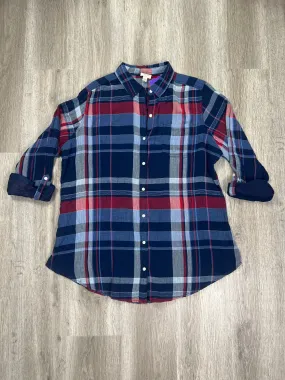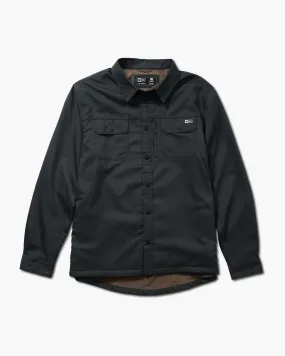Note: "Natural" is a pre-stain conditioner that does not have any colorant. Use it to control blotching on hard-to-stain woods such as maple, pine and cherry before applying a water-based wood stain.
General Finishes Water-Based Wood Stains is one of the most advanced interior stains on the market. It provides uniform coverage with brilliant color over raw wood and sealed surfaces. GF Wood Stains use cutting-edge resin and pigment technology to offer DIY consumers and professionals an easy-to-use alternative to traditional oil-based products. They spread easily, can be repaired, can be blended effortlessly, and have plenty of open time.
Users can easily achieve dark, uniform colors on hard-to-stain woods like pine and maple. These stains can even be used over existing finishes much like an oil-based gel stain. The thicker formula allows controlled penetration, which will reduce blotching on softer woods.
The high-quality pigments produce rich, dark, uniform colors on hard-to-stain woods like maple and pine. Low odor, low VOC, water cleanup, and noncombustible. Looking for a "green" environment-friendly finish? These stains are now formulated with more than 50% renewable resources formulated from sustainable materials that decrease the carbon footprint.
Some grain raise is expected when using water‐based stains. Minimize this by wetting wood with water, allowing it to dry, and sanding smooth before staining. After staining and applying the first coat of topcoat, use caution not to sand through topcoat and damage the stain. Finish should be smooth after sanding the second coat of topcoat. You can also create toners by mixing with any General Finishes .
Also available in .
Don't forget your and !
Helpful tip: Do not apply with a rag or cloth. If stain is drying too quickly, apply more stain to re-wet the surface. For deeper color, a 2nd coat can be applied after the 1st coat has dried completely.
Note: Colors shown are for reference only. Your results may vary based on species, grain, sanding, etc.
[TABS]
Specs
Base type: Water
Interior or exterior: Interior only
Type: Water-Based Stain
Coats: 1 coats
Application method: Brush, Roll, Spray, Pad
Useable over existing finishes: Yes
Spray tip sizes: HVLP 1.1 mm-1.3 mm
Topcoat required: Yes
Dry time - touch: Raw Wood (30 min.), Existing Finish (1 hr.)
Dry time - recoat: 2 hrs.
Dry time - recoat (applied over oil-based product): 24 hrs.
Coverage: 100-150 sq. ft.
Viscosity: Medium
Preparation
Raw wood
- Sand open-grain wood (e.g., oak, ash, mahogany, parawood) with 120-grit sandpaper, followed by 150-grit, then 180-grit.
- Sand closed-grain wood (e.g., cherry, pine, maple, birch, alder) with 150-grit sandpaper followed by 220-grit.
- Remove dust with a vacuum, compressed air, an oil-free tack cloth or a water-dampened rag.
Existing finish
- Scuff clean with a Scotch-Brite pad or maroon synthetic steel wool and a 50:50 mix of denatured alcohol and water.
- Avoid cleaning with products containing phosphates (salt), which can linger in the substrate and produce a white haze. If your project requires a deeper cleaning, see Power Prep Cleaning Highly Used Existing Finishes below.
- Dry 1-2 hours.
- Sand lightly with a fine-grade (220-320-grit) foam sanding sponge or 400-grit sandpaper.
- Remove dust with a vacuum, compressed air, an oil-free tack cloth or a water-dampened rag.
- Let dry completely before applying General Finishes product.
Directions
- Work in a well-ventilated area.
- Stir stain to reincorporate solids that have settled to the bottom of the can before and throughout the application process.
- Thin as desired with distilled water; start with 5%, adding up to 10% by volume.
- Increase open time, if needed, with up to 5% General Finishes Extender if allowed by local regulations. GF Extender will improve flow and leveling and increase open time, which is helpful in dry climates. California Residents: Adding more than 2% of GF Extender will make the products non-compliant per SCAQMD Regulations. GF assumes no liability for the improper use of these products.
- An initial coat of General Finishes Pre-Stain Conditioner Natural can improve color uniformity over difficult-to-stain wood species such as pine. However, it will limit color absorption, so a darker stain may be required to get the depth of color you want. NOTES on softwoods such as Pine, Pawlonia, or Poplar, the use of Pre-Stain Conditioner will reduce blotchiness but not remove it entirely.
- Test your complete finishing process beforehand. Stain color can be affected by variances in wood, room lighting, and deepened with the application of topcoat.
- Divide your project into manageable sections: top, side, drawer, door, table seam.
Hand-application
- Apply a LIBERAL amount of stain to ensure easy workability using a synthetic bristle brush, foam brush, pad applicator or microfiber roller. Work quickly.
- If not enough stain is used, the surface may dry too quickly, causing an uneven appearance.
- On large projects, leave a wet edge between sections to prevent lap lines until you can wipe all the excess off.
- Stain one complete section at a time.
- Wipe off the excess evenly with the grain using cloth or an absorbent paper towel. Check for missed spots and lap marks before moving to the next section.
- Do NOT use cotton t-shirts to wipe away stain because they will "push" the stain around and not absorb it.
- Pull excess stain out of corners and details with a synthetic bristle brush.
- Immediately correct lap marks by rewetting the entire working area with stain and wiping off the excess.
- Another coat will make the color darker but do not exceed two coats as that will create too much build of a low solids finish. Stains are designed to provide color but are not durable on their own.
- Let the stain dry 2 hours in ideal conditions when using a WATER-BASED topcoat: 50-70% humidity, 70*F/20*C before adding a second coat (optional) and before adding topcoat. Be sure to allow adequate dry time. If in doubt, wait longer. When using with an OIL-BASED topcoat, allow 24 hours dry time.
Video
[/TABS]




